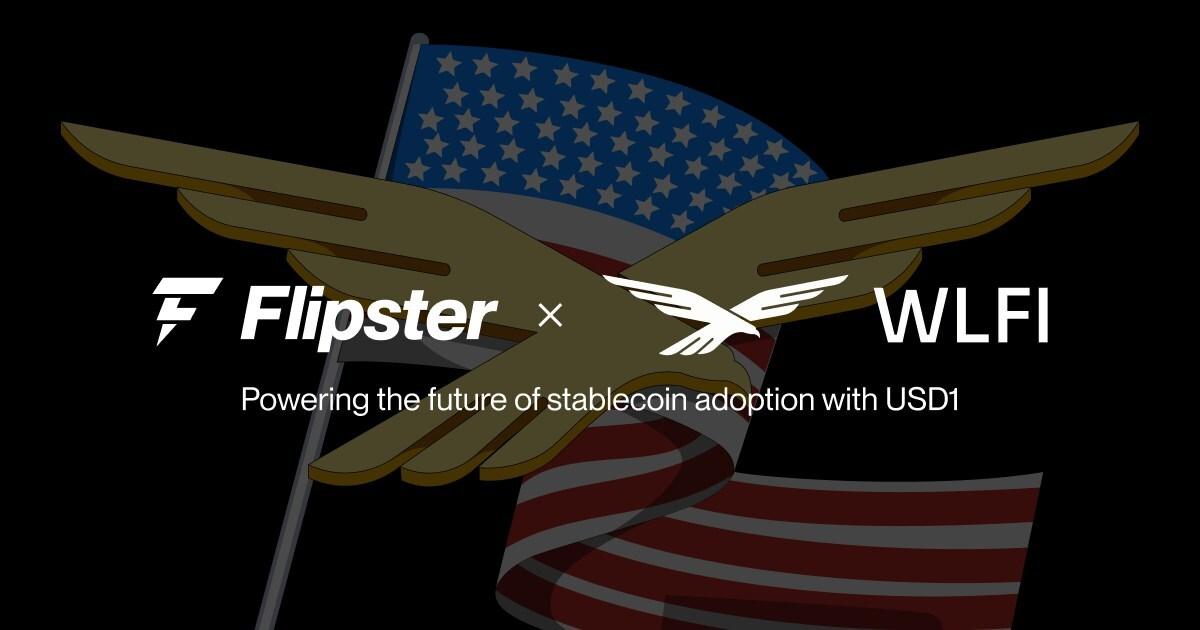Google Cloud and El Salvador Partner For Web3 Infrastructure

Google Cloud has announced a seven-year partnership with the government of El Salvador. Scheduled to undergo full legislative scrutiny, the collaboration aims to digitize governmental processes, along with the healthcare and education sectors.
Distributed Cloud (GDC) services will also support initiatives.
“El Salvador is moving forward. We believe technology and foreign investment are key for development,” said Nayib Bukele, the country’s President, on social media.
This engagement marks the first Latin American government to employ cloud technology for state-level digitization. Apart from modernizing general governance, the GDC infrastructure is slated to assist with Bitcoin full nodes and support.
Google Cloud’s Web3 and AI Agenda
Simultaneously, Google Cloud is intensifying its . James Tromans, Google Cloud’s Engineering Director of Web3, underscored the technology’s potential for data ownership and security.
“Web3 is not so much about keeping your data private,” said Tromans. “[It’s] about owning your data and having more choice in what to do [with it], not necessarily never letting anyone touch your data.”
Google formed its inaugural team in May of the previous year and subsequently became a transaction validator on several blockchain networks, including Axie Infinity’s Ethereum side-chain Ronin and the Solana network. While Tromans acknowledged blockchain’s economic potential, he also noted skepticism for applications that might be attempting to force-fit Web3 technology where it may not be needed.
“I don’t think AI is going to be the silver bullet,” Tromans added, emphasizing that AI would instead speed up a company’s time-to-market by enabling more efficient productivity tools.
Critics have questioned the appropriateness of hosting Web3 projects on so-called “legacy” platforms like Google Cloud. Tromans counters that Google’s own fiber network enhances, rather than hampers, decentralization.
Future Prospects
The Google Cloud partnership with aims to modernize governance and support the country’s ongoing Bitcoin adoption efforts, marking the first such engagement with a Latin American government.
On another front, Google Cloud is amplifying its focus on Web3 and AI technologies, addressing both data ownership and project efficiency. While blockchain and AI technologies offer promising avenues for advancement, they are not without their . Google’s efforts, as noted by Tromans, aim to walk this fine line, using technology where it fits, without attempting to force its application where it does not.
The efforts to digitize El Salvador’s governance and other sectors could set an intriguing precedent for state-level technology adoption. At the same time, Google Cloud’s Web3 and AI initiatives present a layered approach to how emergent technologies might coalesce in real-world applications.




